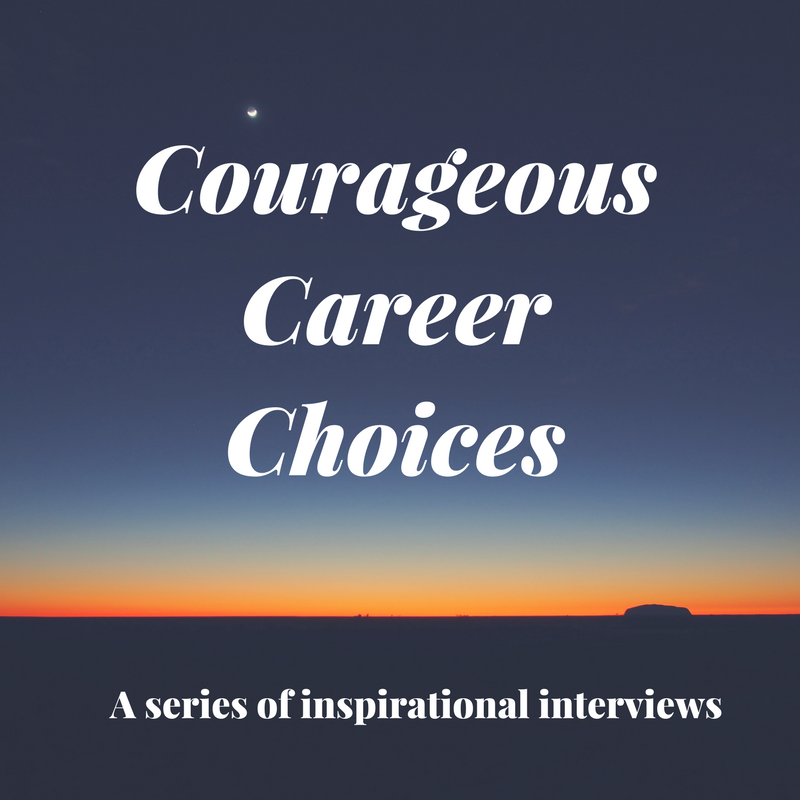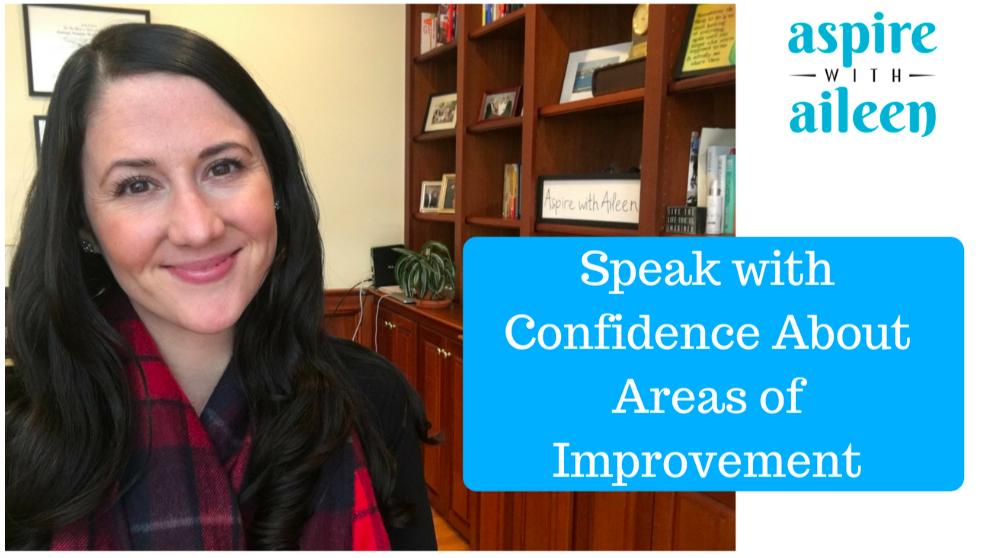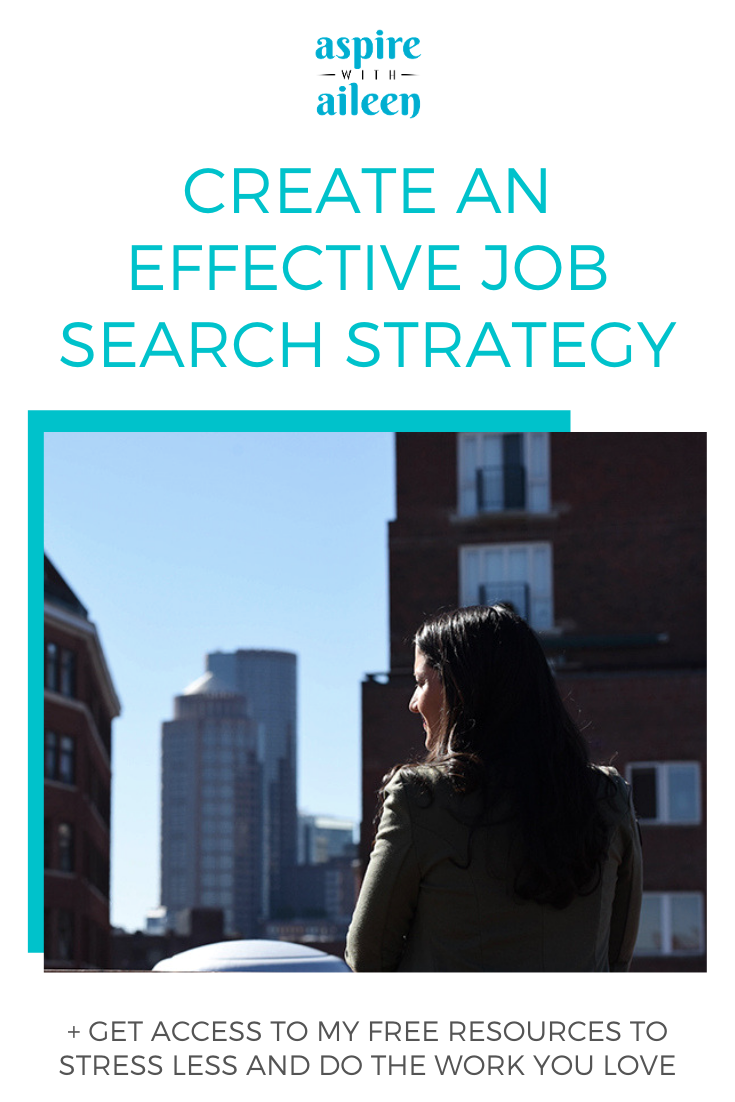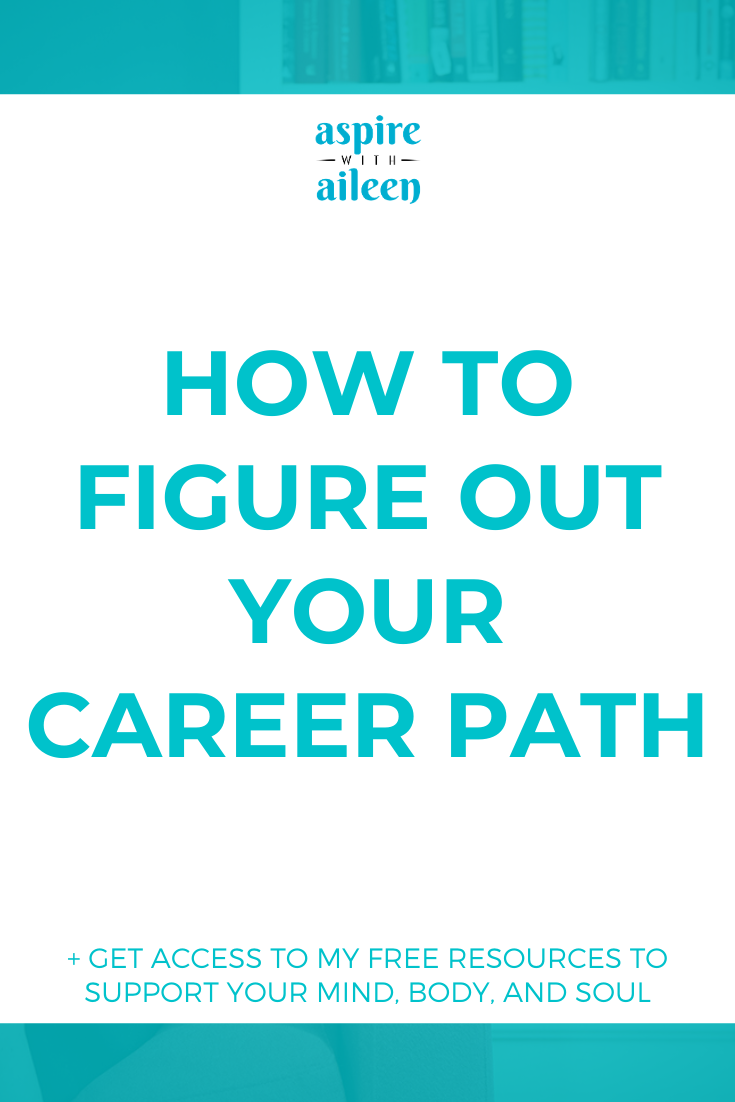Do you have a passion for health and wellness? Find yourself consumed reading all of the latest research about a superfood or health hack? Are you thinking about bringing some of this into your professional life and wondering how to boost your credentials?
If so, read on.
I get a lot of questions about how I chose my nutrition program and integrated it into my business. I’m sharing my experience in hopes that it helps you on your own journey! If you want to discuss this potential program/path or ask questions about anything that I don’t cover here, feel free to reach out and we can set up a one-on-one conversation.
I’ve shared a bit about my wellness story before, but in a nutshell, I went from not taking great care of myself to rabbit-hole-ing on any and all information I could find. I wanted to learn more about the theories and science behind all of the conflicting information out there and to understand how there seemed to be so many dissimilar paths towards healthier and happier ways of living. I knew, though, that I didn’t want an experience that only focused on the hard science - so, right there I knew I wasn’t going to pursue Nutritionist or Registered Dietician studies.
Here are a few of the reasons I chose the Institute for Integrative Nutrition:
They cover over 100 different dietary theories in the curriculum, and some of the speakers are experts in the field including: Deepak Chopra, MD, leader in the field of mind-body medicine, Andrew Weil, director of the Arizona Center for Integrative Medicine, Dr. David Katz, MD, MPH, director of Yale University’s Prevention Research Center, Dr. Walter Willett, MD, DrPH, chair of nutrition at Harvard University, Mark Hyman, MD, founder of The UltraWellness Center, Geneen Roth, bestselling author and expert on emotional eating, David Wolfe, raw food leader and nutrition expert, Marion Nestle, PhD, MPH, professor at New York University’s Department of Nutrition, Food Studies, and Public Health, and WAY more! You can get a taste of the syllabus here, or sample a class here.
More than just western medicine principles, they also go in depth about wellness beyond what’s on your plate. For example, they discuss the idea of primary foods vs secondary foods. Your primary foods are things like your career, relationships, spirituality, and other non-food forms of nourishment which can all impact your wellness greatly. For me, this was a huge piece of what attracted me to IIN because many people know what foods and lifestyle habits are good for them, yet they still fail to incorporate them or feel unwell. I wanted to learn more about this concept and this program has an immense focus on it.
They provide a plethora of coaching resources. If you do want to work as a health coach, they give you countless guides and handouts to use with clients, 6-month coaching program forms and resources, outlines and ideas for wellness workshops, and more. They also have mandatory coaching calls before you graduate to make you practice some of the skills in advance, ask questions, and learn from others in the program too.
The format is flexible to fit into a busy life. I was working full-time, just launching Aspire with Aileen and doing coaching on the side, completing a 200-hour yoga teacher training… and had a new puppy :) While I don’t recommend having that much on your plate at the same time in general, let alone when doing a program like this, it worked. A new module is released each week, but you have a grace period to complete the work if your life is extra hectic that given week.
Though it’s mostly online, you still build a community. The IIN network is HUGE, for better or worse, and the name is incredibly well known in the health world. I assumed since it’s a global program that I wouldn’t make many connections in Boston, but I’ve met people both during my time in the program as well as afterwards who have become good friends, and/or collaborators for wellness workshops! Most of the coaches I looked up to, followed, and learned from studied at IIN as well, so I knew that was a good sign.
What can you do with this certification?
Before investing in a program like this, you’re likely curious about career opportunities and how people use this training… and if not, this question will likely arise during your studies!
Some people do this program solely for their own learning and development. If you’re just curious about these topics or want to improve your own wellness, simply soaking up the knowledge for your own sake is certainly one option.
Many people begin that way, and then become inspired to incorporate what they’ve learned into their professional lives too. Here are some of the many paths you can take:
Become an Integrative Nutrition Health Coach.
This is the most “traditional” path that’s discussed throughout the program and where much of the training incorporated throughout the modules focuses. Some notable full-time coaches include Robyn Youkilis, Andrea Beaman, and Maria Marlowe.
Be on the wellness committee (or create one!) at your current place of employment.
American businesses lose $300 billion annually to lowered productivity, absenteeism, health-care, and related costs stemming from stress. Stress is the root cause of the majority of chronic illness. Offering workshops and programs that address these health concerns and reduce stress benefits both the employer and employee, and this is becoming more of a common practice these days. You can influence decisions around wellness programming, or offer to run sessions yourself!
Integrate this coaching into other areas of a business.
Many graduates combine health coaching with yoga, acupuncture, life coaching, (or career coaching like me!), business coaching, or other services instead of having it be the focus of all of their attention. You can find tons of examples (I'd say the majority!) of graduates doing this.
Create products.
You may already know this, but if not, you’ll soon learn that what we put on our bodies also has a big influence on our health. IIN Grad Adina Grigore created a super successful product line S.W. Basics.
Elizabeth Stein wrote “start a natural foods company” on her notebook while at IIN and now is Founder and CEO of Purely Elizabeth, which is the #1 selling granola in the natural food space. These are just two examples of how graduates used their education to create something innovative.
Create change.
Some graduates go on to work to create change in our food systems. For example, Amy Kalafa created a movie and a movement to create healthy and sustainable food options in schools.
Do an advanced search on LinkedIn to see others!
There are so many potential paths, and what may sound appealing to you is dependent on your own values, interests, background/skills and more. I recommend doing an advanced search on LinkedIn to see what others have done and explore other ideas/people to speak with to inform your decision.
Additional paths/options:
What next?
I hope this post has given you some insight into what the Institute for Integrative Nutrition program entails, some of the related career options, and how to learn more before making a decision. In summary, I’d recommend reviewing the certification (perhaps looking at the curriculum), doing some self-reflection/exploration on what your goals are/what you’re hoping to get out of the program, and if everything sounds good, then sign up*!
If you do enroll and mention you were referred by me Aileen Axtmayer, I’m an Ambassador of the school so you’ll receive significant savings! Let me know when you’ve done so and I’ll gift you four free 30-minute coaching / mentorship calls to support you throughout the program and while you explore ways to integrate this into your career. These sessions can be used at any point in your program and up to 6 months post-graduation.
I’d be happy to be a sounding board for you and to point you to additional coaching resources to help you get wherever it is you’d like to go.
*If you do enroll and use my name, be sure to email me to get you set up with the free coaching!*
Additional Resources
In addition to what IIN provides, and my mentoring if you do enroll, there are many other resources available to support you both throughout and after completing the program. Two examples include:
Healthy Profit University: Michelle graduated from IIN and not only has a successful health coaching practice, but also a business coaching program to help other health coaches get their businesses off of the ground. I completed her program and found it incredibly helpful for everything from refining my target market to managing the nitty gritty technological components of setting up lists, programs, and offerings.
Melissa Danielle has a podcast "Grow Yourself, Grow Your Health Coaching Business" which provides a lot of information to aspiring or current health coaches. We did an episode together about the business side of coaching, but we also got to speak again about why loving your work matters!


































